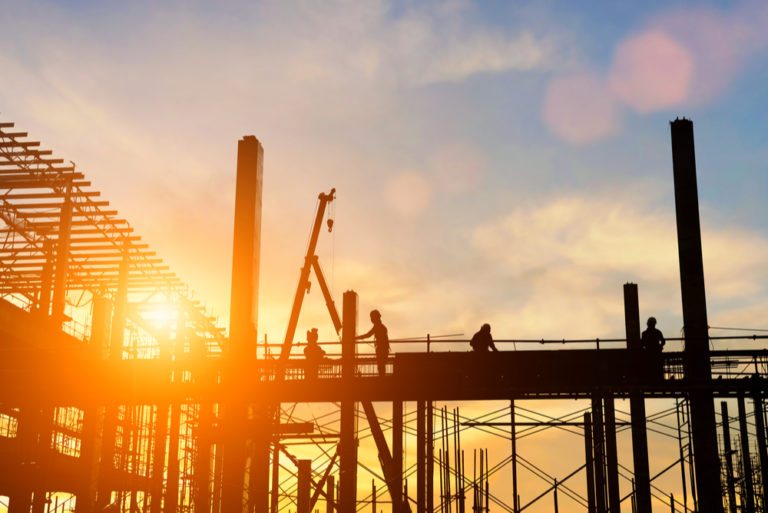Claims, not payments, are the big problem in the UAE

Much has been made in recent weeks of measures taken by the authorities in the UAE to boost economic growth.
A series of announcements have been made that promise to change visa regulations, allow 100 per cent foreign ownership of companies, freeze school fees, and reduce government charges.
The measures also include introducing an insurance system to replace deposits to reduce the financial burden of maintaining a workforce. While this will certainly help construction companies, which include some of the largest employers in the country, the announcement in Abu Dhabi that Crown Prince Sheikh Mohamed bin Zayed al-Nahyan has approved a AED50bn ($13.6bn) economic stimulus package and ordered the settlement of payments to private sector suppliers has attracted the most attention.
More spending on projects in Abu Dhabi is certainly welcome. The value of construction and infrastructure contracts awarded in Abu Dhabi has declined significantly in recent years. According to data from regional projects tracker MEED Projects, after peaking at $68bn annually following the award of the contract to build and operate the Barakah nuclear plant, the value of awards slumped to $7bn in 2016, before making a slight recovery to $12bn in 2017.
For payments, Sheikh Mohamed gave directives to accelerate payments to suppliers from the private sector. The instructions include the formation of a special committee, headed by the Executive Office and the Department of Finance, to oversee all relevant and related procedures.
Abu Dhabi, like the rest of the region, does not have a good reputation when it comes to getting paid. This has been a perennial problem for construction companies throughout good times and bad times: work completed on site takes a long time to be certified, and once certified, payments for that work are slow to be released when compared to other markets around the world.
Since the fall in oil prices in 2014, the concerns about payments quickly reached fever pitch. In Saudi Arabia, austerity measures resulted in billions of dollars of payment delays that ultimately forced the government to step in and settle its arrears in late 2016.
In the UAE, the problem was not nearly as acute as its more diversified economy shielded it from the full impact of lower oil prices. Four years on, concerns about payments are rising to the top of the business agenda.
During Ramadan in late May high profile business leaders complained that contractors, subcontractors and suppliers were not being paid and called on the UAE’s leadership in Abu Dhabi and Dubai to address the problem.
Although Abu Dhabi’s announcement is positive for the supply chain, it is unlikely to significantly resolve the predicament that many companies currently face.
While companies complain that they are not getting paid, client bodies maintain that payments are being made.
The problem is both are right. Contractors have large amounts of outstanding payments and on large projects this can reach billions of dirhams. At the same time clients have, for the most part, been making regular payments for work completed.
The discrepancy comes with claims. Contractors say that while payments have been late, they have generally continued to be made over the past few years. The problem is clients are typically adopting a much more aggressive stance when it comes to dealing with claims and these are the payments that are now causing the problems.
At the same time, clients contest the validity of contractors’ claims, and the result is dispute. Until these disputes are resolved then the woes for the construction industry are likely to continue.


